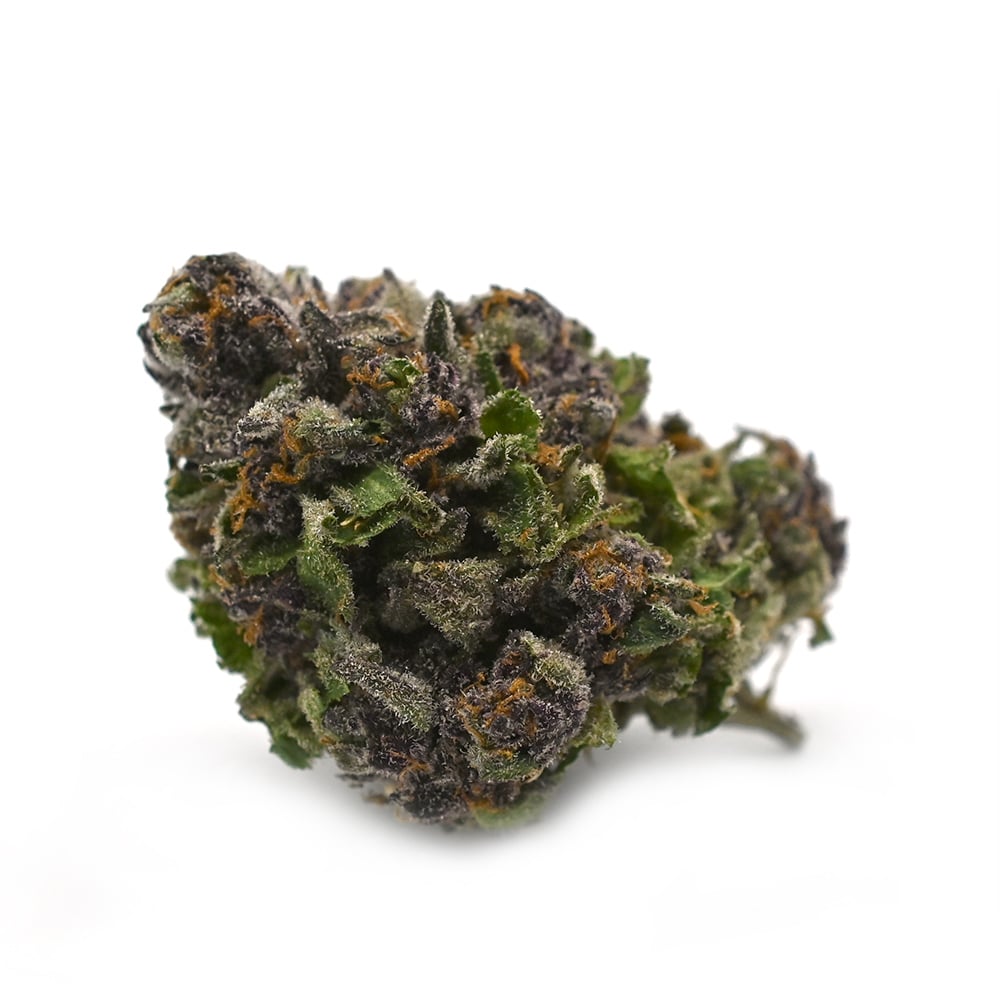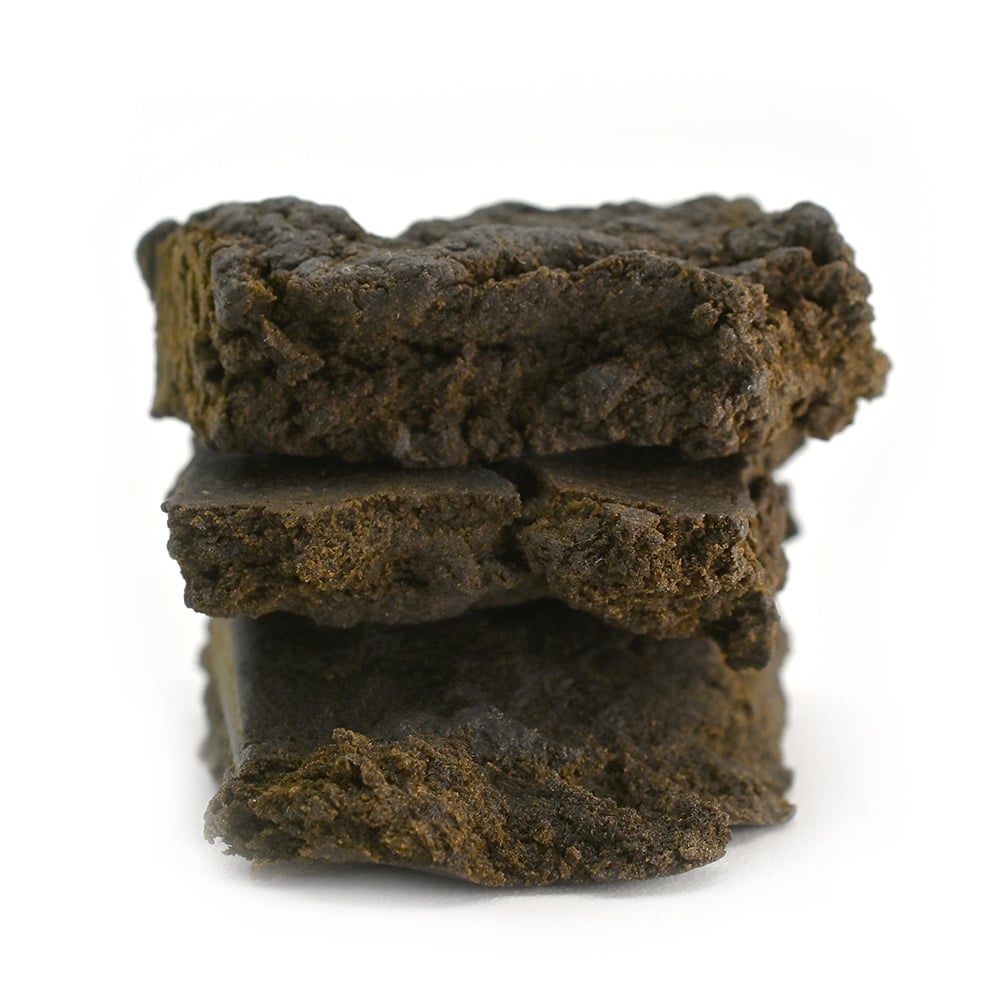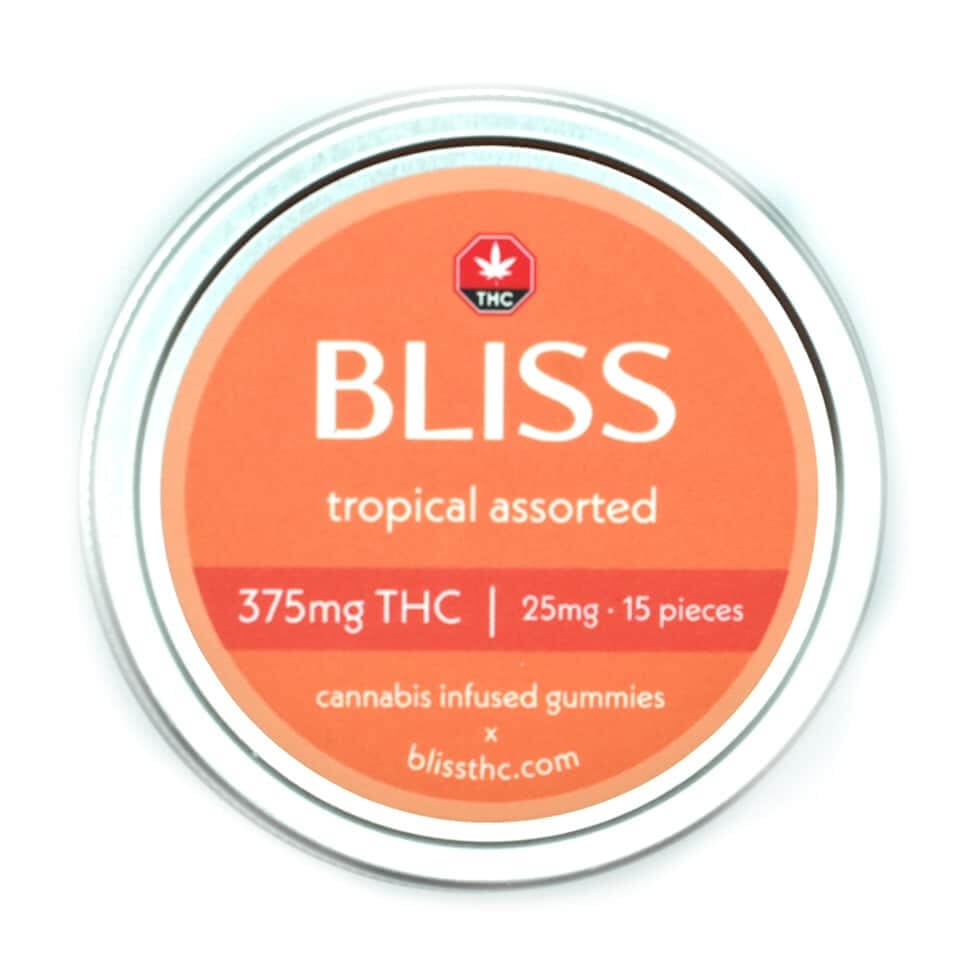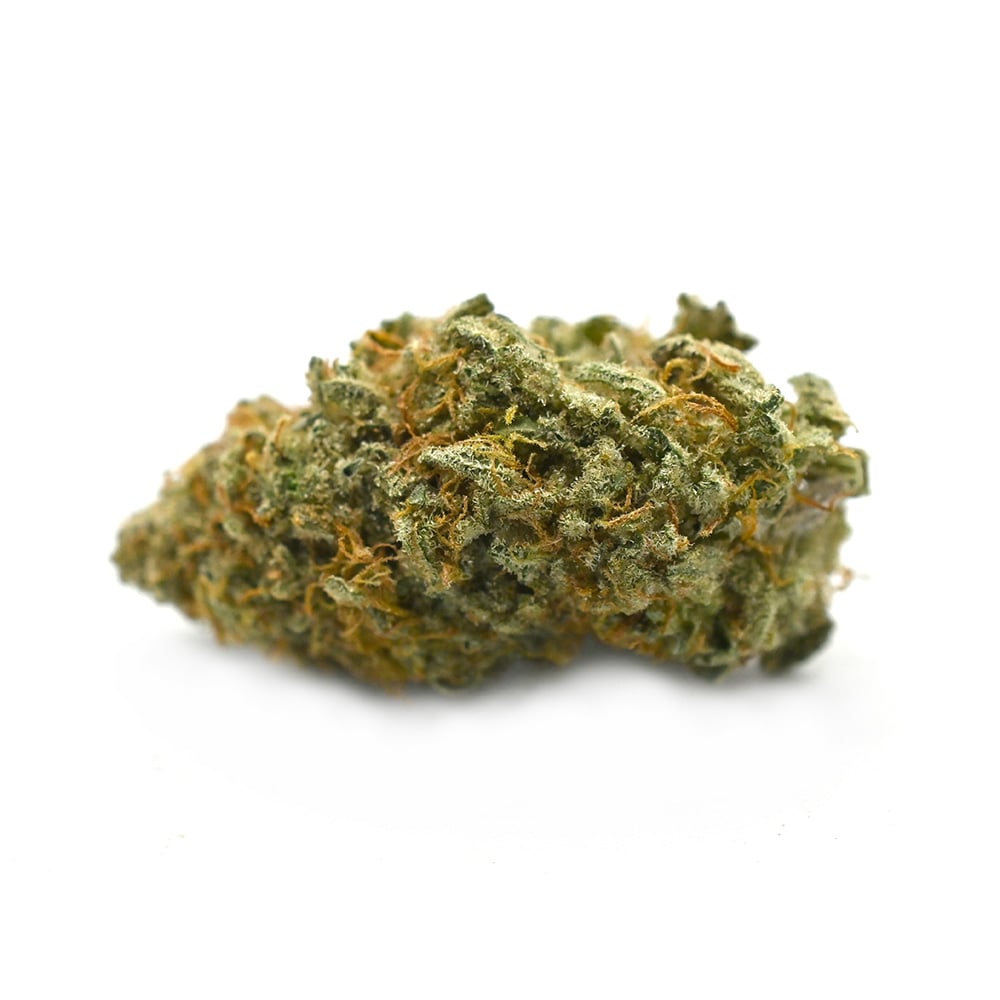-
 Spend $345+
Spend $345+Grape Soda 7g
$49.50 - Free -
 Spend $345+
Spend $345+Blue Meanie 7g
Original price was: $70.$60Current price is: $60. - Free -
 Spend $345+
Spend $345+Tesla Hash 3.5g
Original price was: $66.50.$47.25Current price is: $47.25. - Free -
 Spend $345+
Spend $345+Bliss THC Tropical
$22 - Free -
 Spend $345+
Spend $345+Moby Dick 7g
$49.50 - Free
What Is Flavored THC Distillate? All You Need to Know
You’ve probably tried regular THC distillate before — strong, effective… but kind of bland. Maybe you’re looking for something smoother, tastier, or just a little more enjoyable to vape or dab. That’s likely what brought you here. Flavored THC distillates have been gaining attention for delivering the same high potency, but with added flavor and … Read more


























